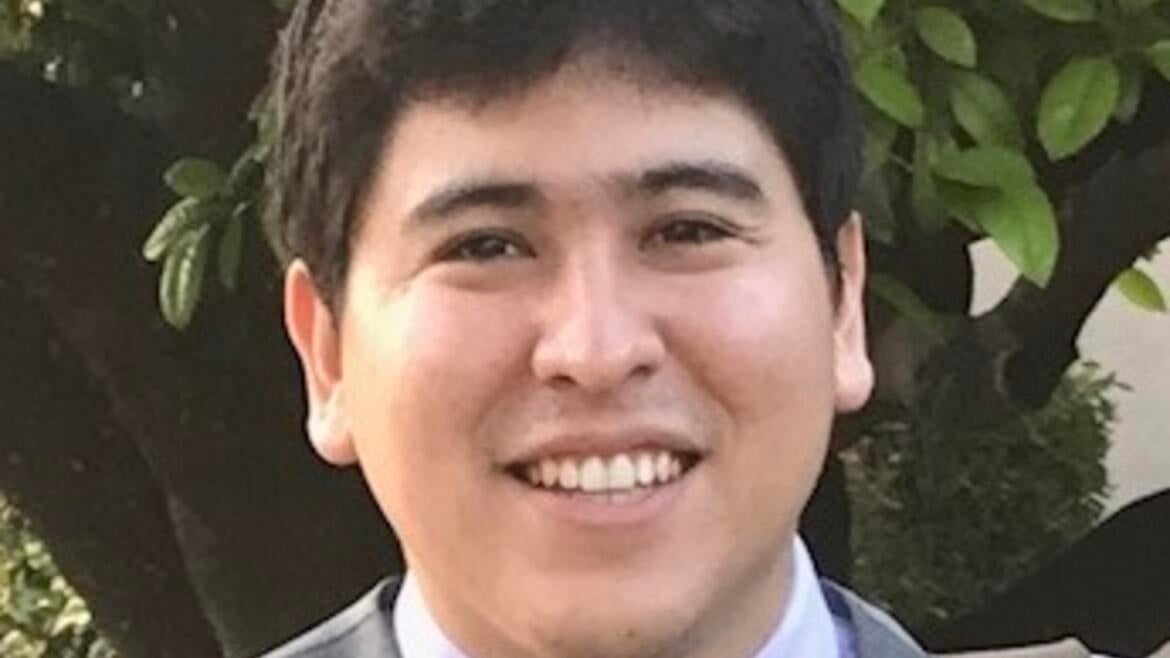Colloquium Speaker: Manuel Monge; Assistant Professor; Ming Hsieh Department of Electrical & Computer Engineering; University of Southern California

Integrated Circuits for Electronic Medicine
Abstract: Over the past decades, remarkable advances toward miniaturized biomedical devices have been made and have enabled the development of new approaches to the diagnosis and treatment of human diseases. For instance, smart pills are being used to image the gastrointestinal tract, distributed sensors are being developed to map the function of the brain, and neural prostheses are being designed to help the visual, hearing, and motor impaired. However, most of today’s implantable devices present critical limitations regarding size, power consumption, and functionality. Furthermore, several medical conditions could be dramatically improved if even smaller bioelectronic devices were to exist.
In this talk, I will provide an overview of implantable medical devices and present our efforts for engineering microscale devices to enable high-precision electronic medicine. In the first part of the talk, I will describe a novel approach for locating microscale devices inside the body using concepts from magnetic resonance imaging (MRI). We have demonstrated a new microchip that mimics the behavior of nuclear spins and can be located in space by the application of magnetic field gradients. Using this technique, we can locate a device smaller than 1 mm3 with sub-millimeter resolution in vivo. Such miniature devices could reach currently inaccessible locations inside the body with high precision to perform diagnosis and treatment of localized disease. In the second part, I will focus on neural stimulation techniques for retinal prostheses, which are devices aiming to restore vision in patients suffering from advanced stages of retinal degeneration (e.g., retinitis pigmentosa). I will present a fully intraocular epiretinal implant that reduces area and power consumption, and increases the functionality and resolution of traditional implementations.
Biography: Manuel Monge received the B.S. degree (with honors) in Electrical Engineering from the Pontifical Catholic University of Peru (PUCP), Lima, Peru in 2008, and the M.S. and Ph.D. degrees in Electrical Engineering from the California Institute of Technology (Caltech), Pasadena, CA in 2010 and 2017, respectively. He joined the Ming Hsieh Department of Electrical and Computer Engineering at the University of Southern California (USC), Los Angeles, CA as an Assistant Professor in August 2018. Before joining USC, he spent a year at Neuralink Corp., developing ultra-high-bandwidth brain-machine interfaces.
His research interests include integrated circuits and systems for medical electronics, analog and mixed-signal integrated circuits, implantable and wearable medical devices, sensing and actuation of biological media, localization of devices inside the body, fully wireless systems, neural prostheses, and brain-machine interfaces.